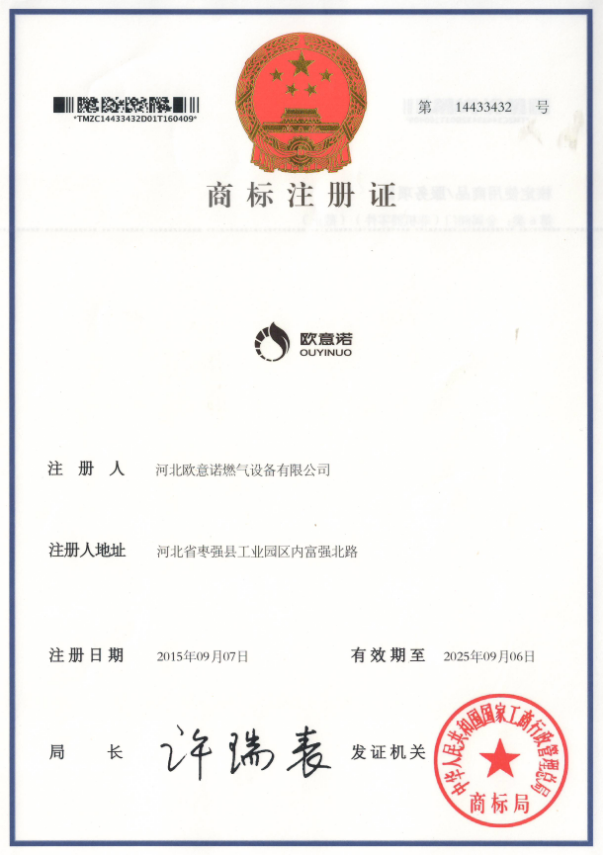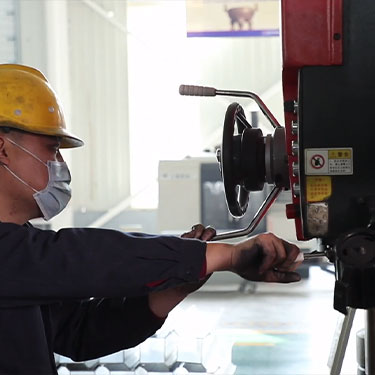1. Broad-Spectrum Dewormers These medications are designed to target multiple types of worms and are often used as a first-line treatment. Medications such as fenbendazole, pyrantel pamoate, and praziquantel can treat roundworms, hookworms, and tapeworms effectively.







